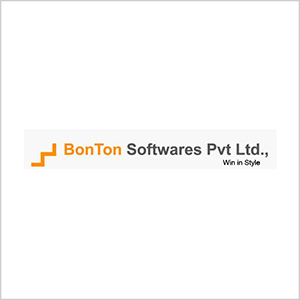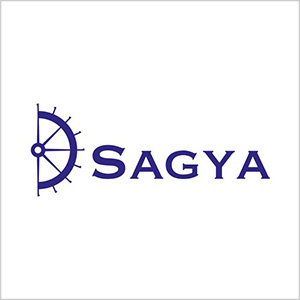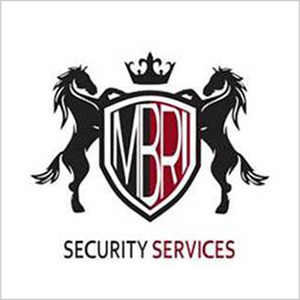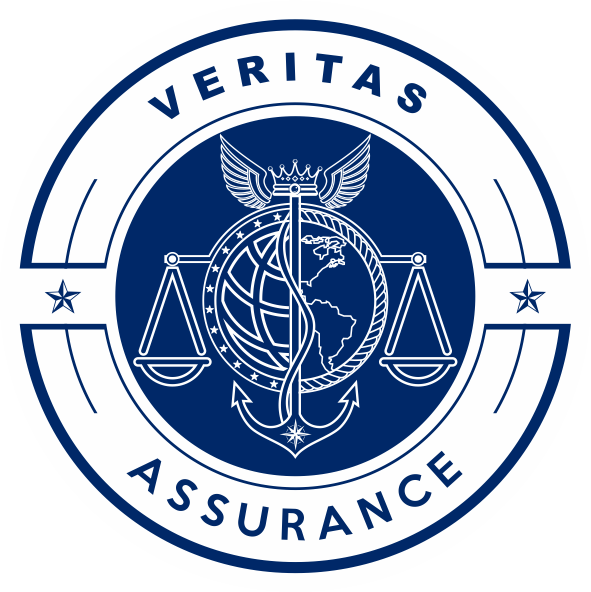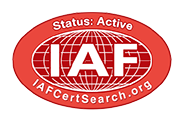
The Payment Card Industry Data Security Standard (PCI DSS)
What is a PCI DSS certification?
PCI DSS certification is an audited confirmation of compliance with the PCI DSS standard designed to safeguard sensitive cardholder information. The Payment Card Industry Data Security Standard mandates that organizations collecting, storing, or transferring credit card data must maintain a secure environment and reduce the risk of fraud and breaches.
Achieving PCI certification occurs once you fulfill the PCI requirements set by the PCI Security Standards Council (PCI SSC), which consists of six principal payment brands: American Express, Discover, JCB, MasterCard, and Visa Inc. The 12 primary requirements include the installation of firewalls, data encryption, and additional measures.
Why is PCI DSS certification required?
PCI DSS certification is essential to safeguard sensitive cardholder and authentication data, regardless of whether it is stored, transmitted, or processed. This requirement holds true for both global enterprises and start-ups.
Your business must consistently maintain compliance, and if you accept credit card brands such as American Express, JCB International, VISA, and others, you should verify your compliance on an annual basis.
The obligation of PCI DSS compliance applies to all businesses that collect, process, and transmit credit card data. If you accept or handle credit card payments as a service provider, you are required to comply with PCI DSS requirements based on the security policy.
PCI DSS Compliance levels
- Level 1: Pertains to merchants handling over six million real-world credit or debit card transactions each year. A licensed PCI auditor conducts it, and they must perform an internal audit annually. Additionally, quarterly they are required to undergo a PCI scan by an Approved Scanning Vendor (ASV).
- Level 2: Pertains to merchants handling between one and six million real-world credit or debit card transactions each year. They must complete an assessment annually using a Self-Assessment Questionnaire (SAQ). Furthermore, a quarterly PCI scan may be necessary.
- Level 3: Pertains to merchants handling between 20,000 and one million e-commerce transactions each year. They are required to complete an annual assessment using the applicable SAQ. A quarterly PCI scan may also be necessary.
- Level 4: Pertains to merchants processing fewer than 20,000 e-commerce transactions yearly or those handling up to one million real-world transactions. An annual assessment using the applicable SAQ must be fulfilled, and a quarterly PCI scan may be necessary.
PCI DSS offers a foundational level of security for the customer data you possess. However, aside from that, here are some advantages you will obtain directly or indirectly by becoming PCI-compliant.
- Prevents data breaches
- Increases customer trust
- Avoid paying penalties
- Improves your business trajectory










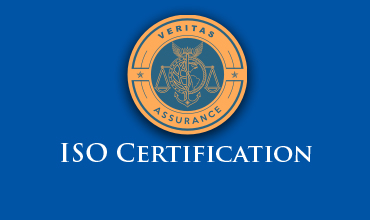


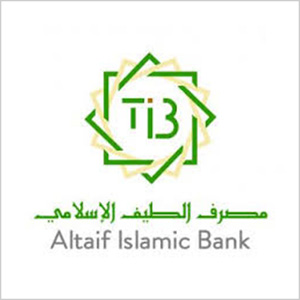

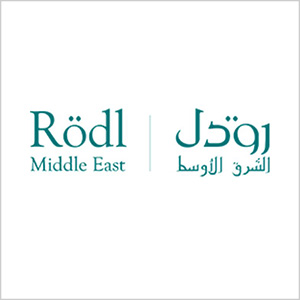




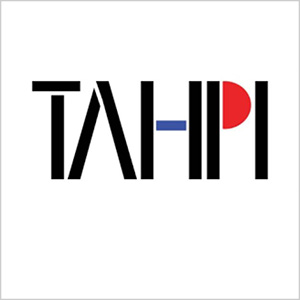


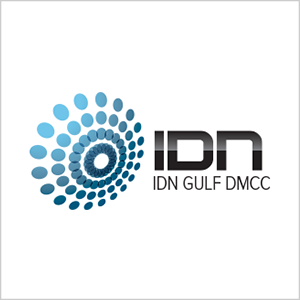
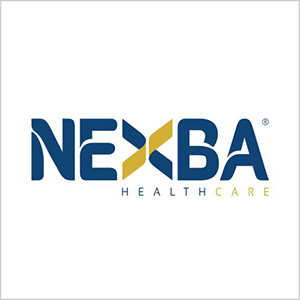


_ Logo.jpg)








